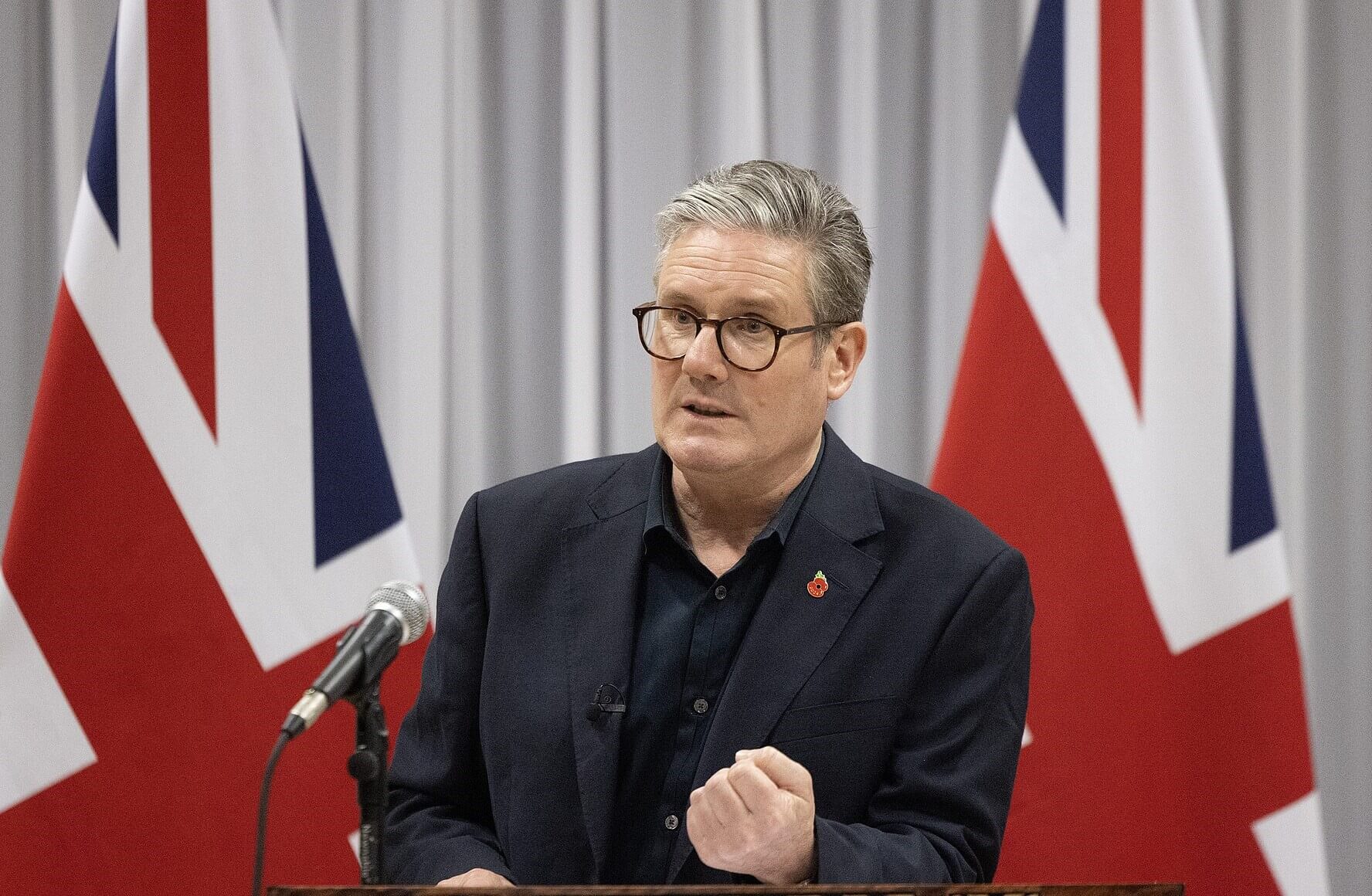UK PM Keir Starmer has decided not to attend the AI Action Summit in Paris, 10-11 February 2025. The global event will feature world leaders like French President Emmanuel Macron, India PM Narendra Modi and USA vice-president JD Vance.
The Prime Minister has been widely criticised for not attending the event, which the BBC has described on 6 February as a platform in which global powers will measure up their AI capabilities.
What are the implications of a world leader like Starmer neglecting to attend a global summit?
Many of the important deals that happen at global events such as these are struck in secondary meetings and discussions – perhaps even off-the-cuff conversations.
- At the 2018 G20 Summit in Argentina, one of the major breakthroughs of the event arose from a post-summit dinner between US President Donal Trump and Chinese President Xi Jinping, when the two agreed to pause tariff hikes and resume trade negotiations.
- Similarly, at COP26 in Glasgow in 2021, a surprise US-China climate cooperation agreement emerged from private negotiations between delegates, despite general tensions between the two countries.
- At the Yalta Conference in 1945, an informal moment between Churchill, Roosevelt and Stalin played a crucial role in shaping the post-war world. Before a key meeting, Churchill wanted to carefully plan their approach, but Roosevelt dismissed the idea, confident they would handle it in the moment. When the meeting began, Roosevelt mocked Churchill, making Stalin laugh and helping to establish a personal rapport. This light-hearted exchange softened Stalin’s stance, and Roosevelt then casually pressed him for support – leading to Soviet agreement on joining the war against Japan and helping to define the post-war order.
As well as an opportunity to make deals, international events such as these indicate a support for conferences and events. At a time when many UK MPs are displaying engagement in the All-Party Parliamentary Group for Events (APPG for Events), as reported by Conference News ahead of the Global Policy Forum 2025 on 1 April.
It is disappointing for the industry that while MPs are showing interest in the industry that contributes tens of billions to the economy, the Prime Minister doesn’t seem committed to attending and supporting major events.
There are other potential downsides to the Prime Minister’s no-show at this international AI summit:
Policy influence loss: AI regulation and ethics will be shaped in meetings and events such as this. Without UK leadership in the room, other nations and blocs (e.g., the EU, US, China) may dominate discussions, setting frameworks the UK must later adapt to rather than help create.
Investment signals: The UK’s AI sector relies on international collaboration and investment. If global investors and companies see the UK PM absent, they may question the government’s commitment to supporting AI innovation.
Business competitiveness: Other nations’ leaders will be actively promoting their AI ecosystems to investors. A no-show from the UK risks losing visibility and potential partnerships.
By skipping the AI Action Summit, Starmer risks sidelining the UK from key policy decisions and investment opportunities. He won’t be having any off-schedule meetings with key leaders to strike deals.
While other world leaders use these events to shape regulation and secure partnerships, the UK’s absence could send the wrong message about its commitment to both AI and the broader events industry.















